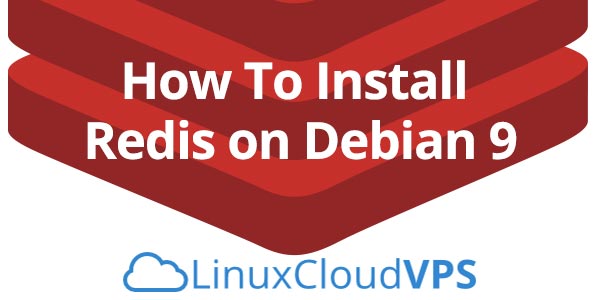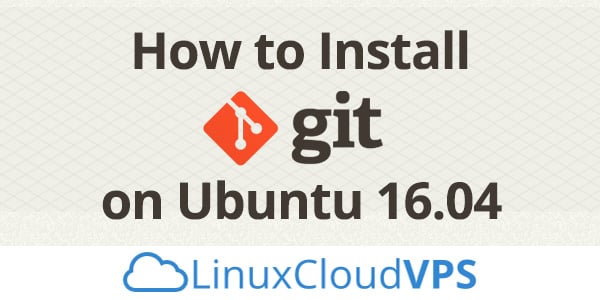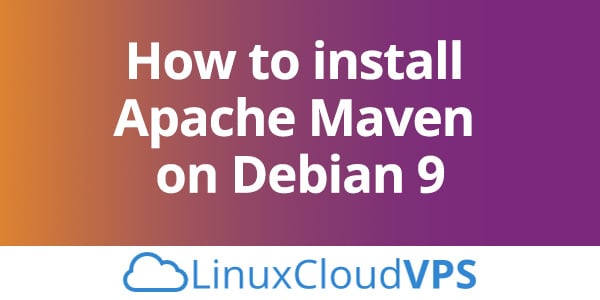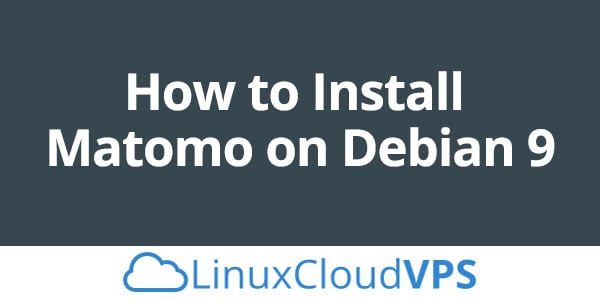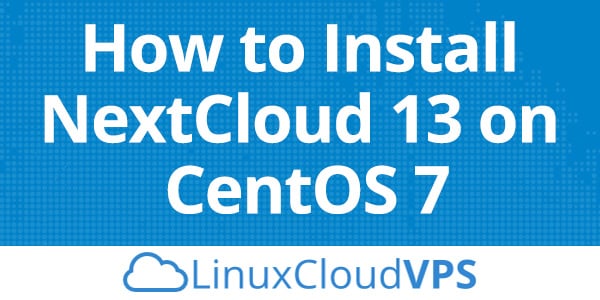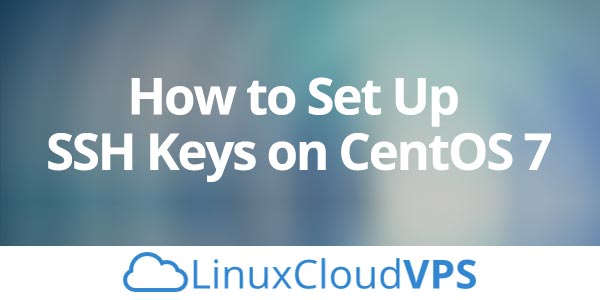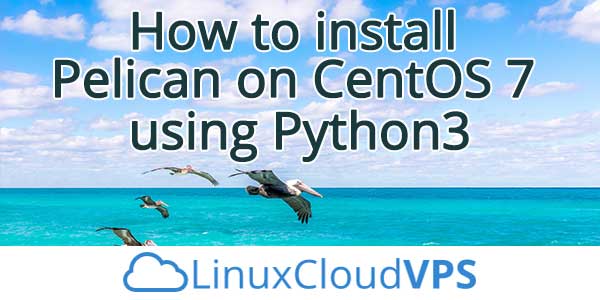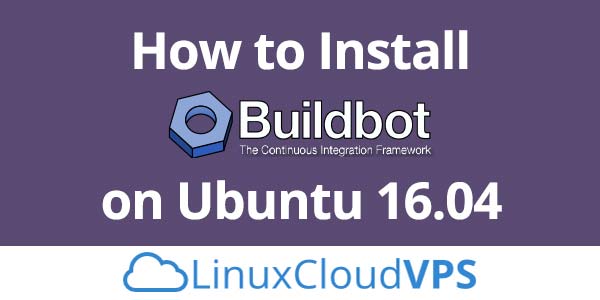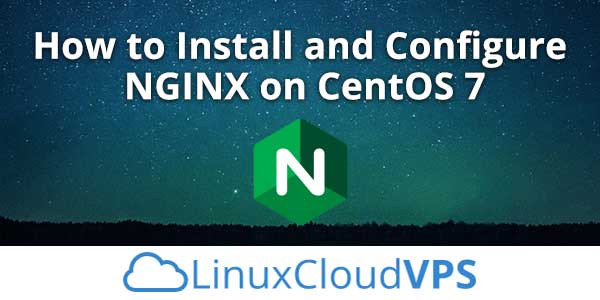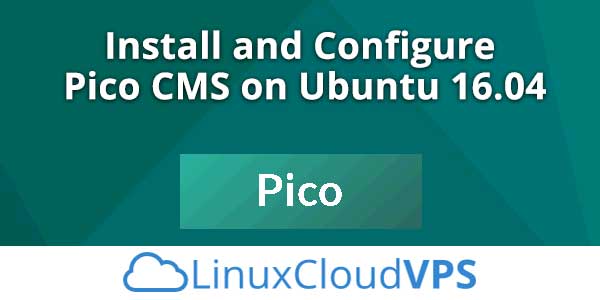In this article, we will show you how to install and configure Redis on a Debian VPS. Redis is an open source, in-memory data structure store with support for disk persistency. It is a key-value distributed database that supports data structures such as Strings, Lists, Sets, Sorted Sets, Hashes, HyperLogLogs, Bitmaps.
The Redis package that comes with Debian repo is quite outdated and contains a lot of security vulnerabilities. In this guide, we will install Redis from the source. At the time of this writing, the latest stable version of Redis is 4.0.8. Installing Redis on Debian 9 is fairly easy task, if you carefully follow the steps in the tutorial below. Let’s get started with the installation.
